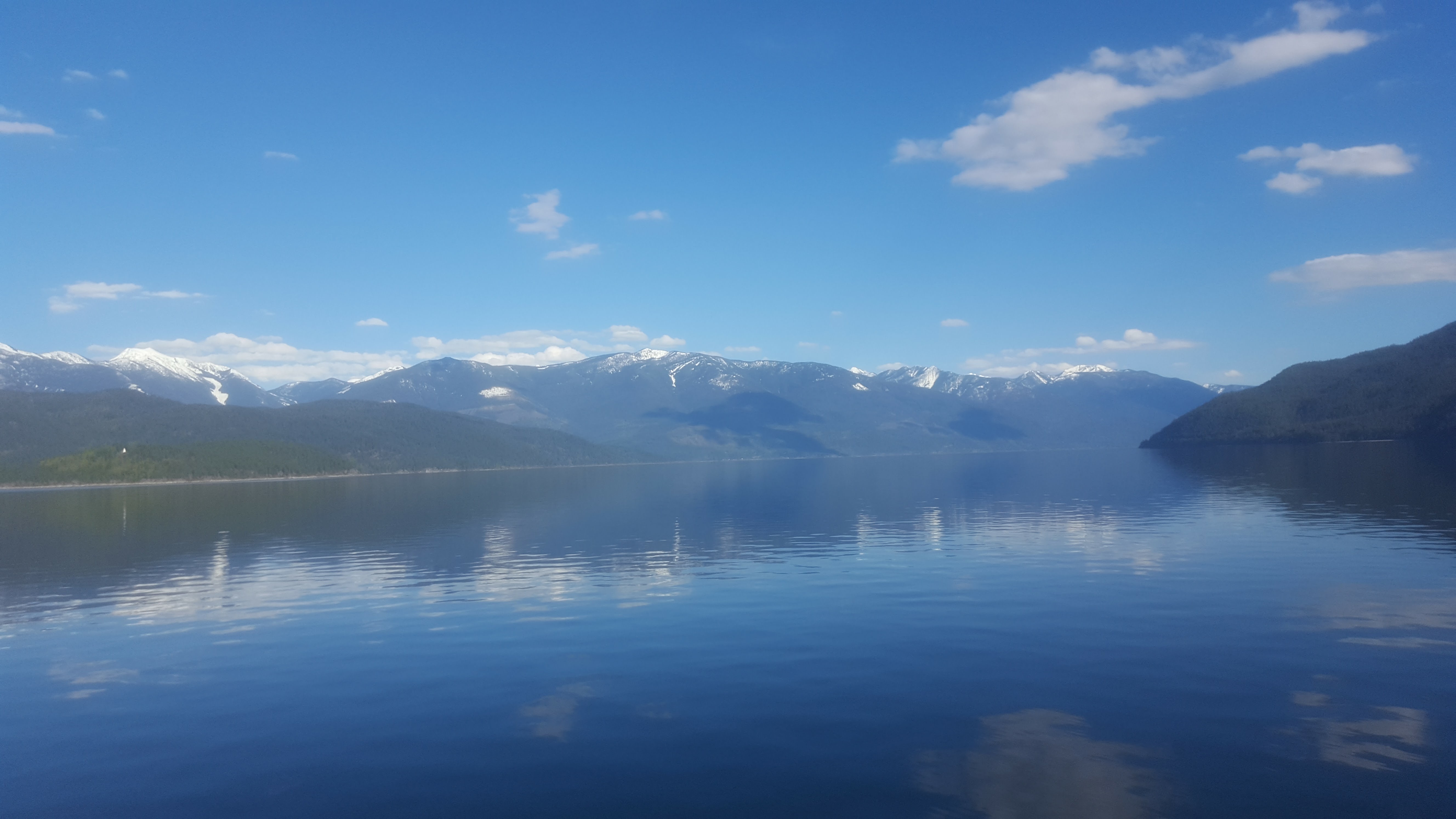The Kootenay-Columbia riding association of the federal Green Party is urging the province to electrify the new Kootenay Lake ferry now, rather than waiting until 2030.
The new vessel, presently under construction in Nelson, will be fitted with diesel engines, with plans to convert it to fully electric a few years after its launch in 2023 to replace the ageing MV Balfour.
However, the federal Greens have written to Transportation Minister Rob Fleming, saying it doesn’t make sense to wait.
“We applaud the new electric-ready ferry being built,” says Mary Donald, a member of the riding association executive.
“The issue is the government is stating they are making it electric ready but it will not be converted to 100 per cent electric until 2030. We’re wondering why does it take seven years to make it 100 per cent electric, which we feel is untenable. We’re in a climate emergency and can’t be spewing more diesel all those years.”
Donald says they were previously in touch with former minister Claire Trevena on the same subject in 2019, who told them the government was committed to electrifying the entire inland ferry fleet by 2040.
“Why not start now with this ferry?” Donald asks. “We’re getting a new ferry anyway. All the climate scientists are saying we must not do any fossil fuel expansion. This is a new project, so why are we running it on diesel? The time for incremental steps is over.”
Previously, the government indicated electric ferry technology was too new and not yet reliable enough. But Donald pointed to Norway as a world leader in electric ferries, using technology developed in Canada by Corvus Energy.
“There have been many 100 per cent electric ferries run in Norway. A lot of the glitches have been worked out,” she says.
Electric ferries have significant environmental benefits, she said, including reduced carbon emissions in their operation, as well as avoiding pollution caused by the extraction, production, and transport of diesel fuel.
In addition, she says electric ferries have lower operating costs and require less maintenance.
“We are saying this is the perfect opportunity to transition to 100 per cent electric and we would like to see it expedited.”
You can read the full letter they sent here.
In a prepared statement, the Ministry of Transportation said its approach to electrifying the 15 inland ferries is to work from smallest to largest, beginning with the conversion of the Arrow Park III, which is expected to be completed this year.
The new vessel will be built with all the systems, equipment, and components for electric propulsion alongside diesel engines, the ministry said.
“By 2030, once shore power is in place and the technology has been tested for reliable daily use, a full conversion will be made from diesel to electric propulsion,” they added.





